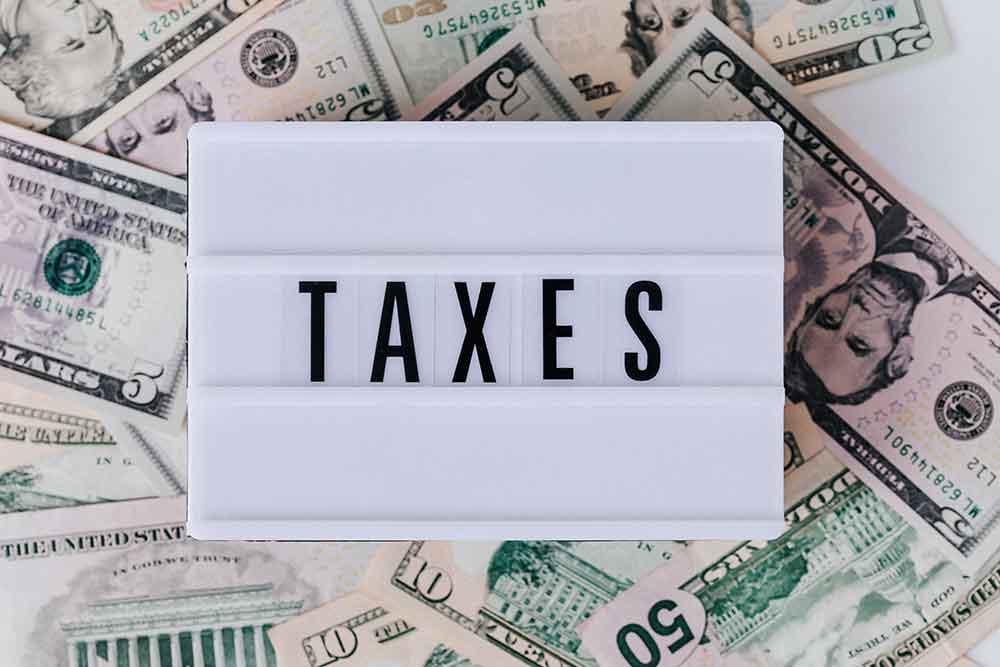Common Tax Deductions for Small Business
One of the reasons why companies should invest in expenses reports management is the tax benefits that come with it. For small businesses, it’s incredibly important to take advantage of these benefits and avoid the hefty fines that come when you do it incorrectly.
Small businesses can maximize company funds by getting the appropriate tax deductions on certain expenses. Employees can also spend on things that are essential for them to fulfill their roles without having to shoulder the taxes that come with them. If you’re a small business owner and you’re not aware of all the possible types of expenses you can deduct from your taxes, read on:
What are expenses?
Before we can go into detail about tax deductibility, we have to clear the air on what expenses are. Expenses are costs exclusively incurred in income production. These expenses arise from the day-to-day operations and are of not a contingent liability or capital expenditure.
How do expenses lead to tax deductions?
Small businesses can utilize these tax-deductible expenses to help lower the income taxes that they have to pay their government. Different countries have their prospective laws that will limit how business expenses are deductible per category.
While it can be confusing at first, small business owners can benefit a lot from tracking their expenses and filling the appropriate deductions. There are a few common tax-deductible expenses that small business should be mindful of during tax season:
Common Tax-Deductible Expenses for Small Businesses

- Commissions
- Administrative Expenses
- Office Upkeep & Repairs
- Office Rentals
- Utility Bills
- Staff Training
- Traveling
- Lodging
- Food
- Entertainment
- Exhibition Expenses
- Business Insurance Premiums
- Professional Fees
- Printing Fees
- Property Tax
It’s good to note that not all tax-deductible expenses should be allowed for reimbursement. Companies often have specialized policies that stipulate what kind of business expenses are necessary, depending on the role of the person involved.
Getting Professional Data Entry for Expense Reports
Tax deductions are useful for any company, especially small businesses. A great incentive to continuously improve operations, it is a boon to any business that knows how to take advantage of it.
However, many small businesses struggle with this because they already have their hands full working on their core products and offers. Before small businesses can get the benefit of tax deductions, they must be able to track their expenses effectively.
Through outsourcing to data entry service providers like Hey DAN, your small business can file your expense reports without breaking a sweat. With their machine learning-enabled technology, Hey DAN can help your team consolidate expenses that would qualify for tax deductions.


